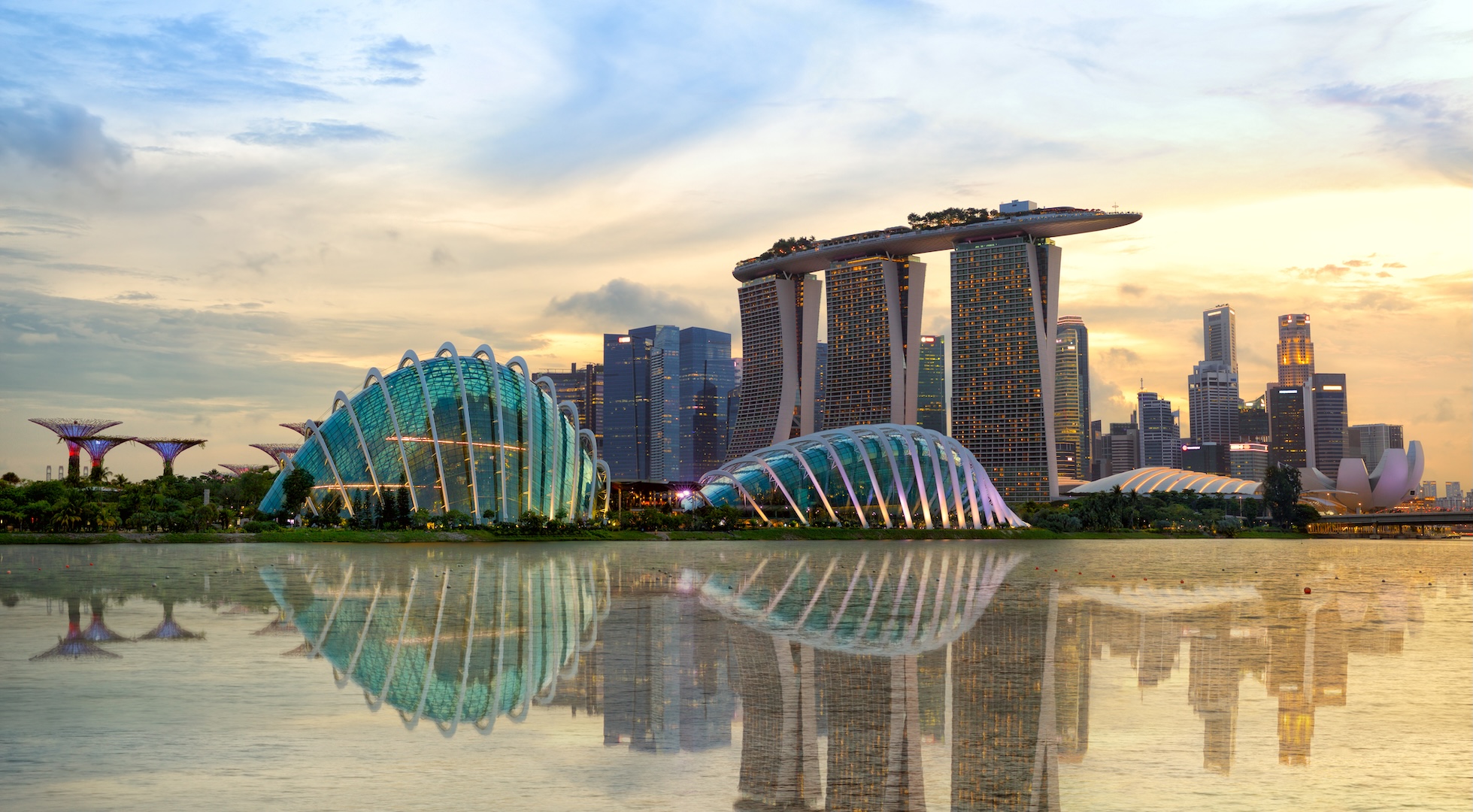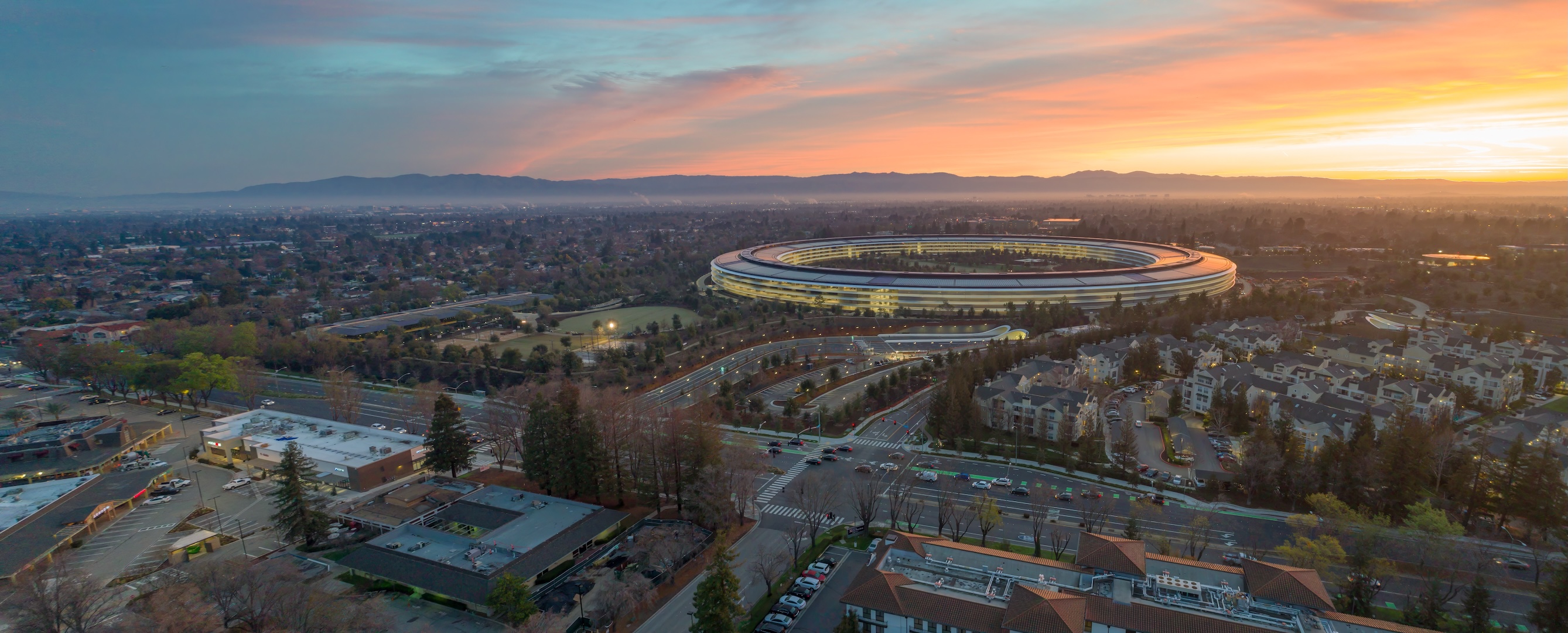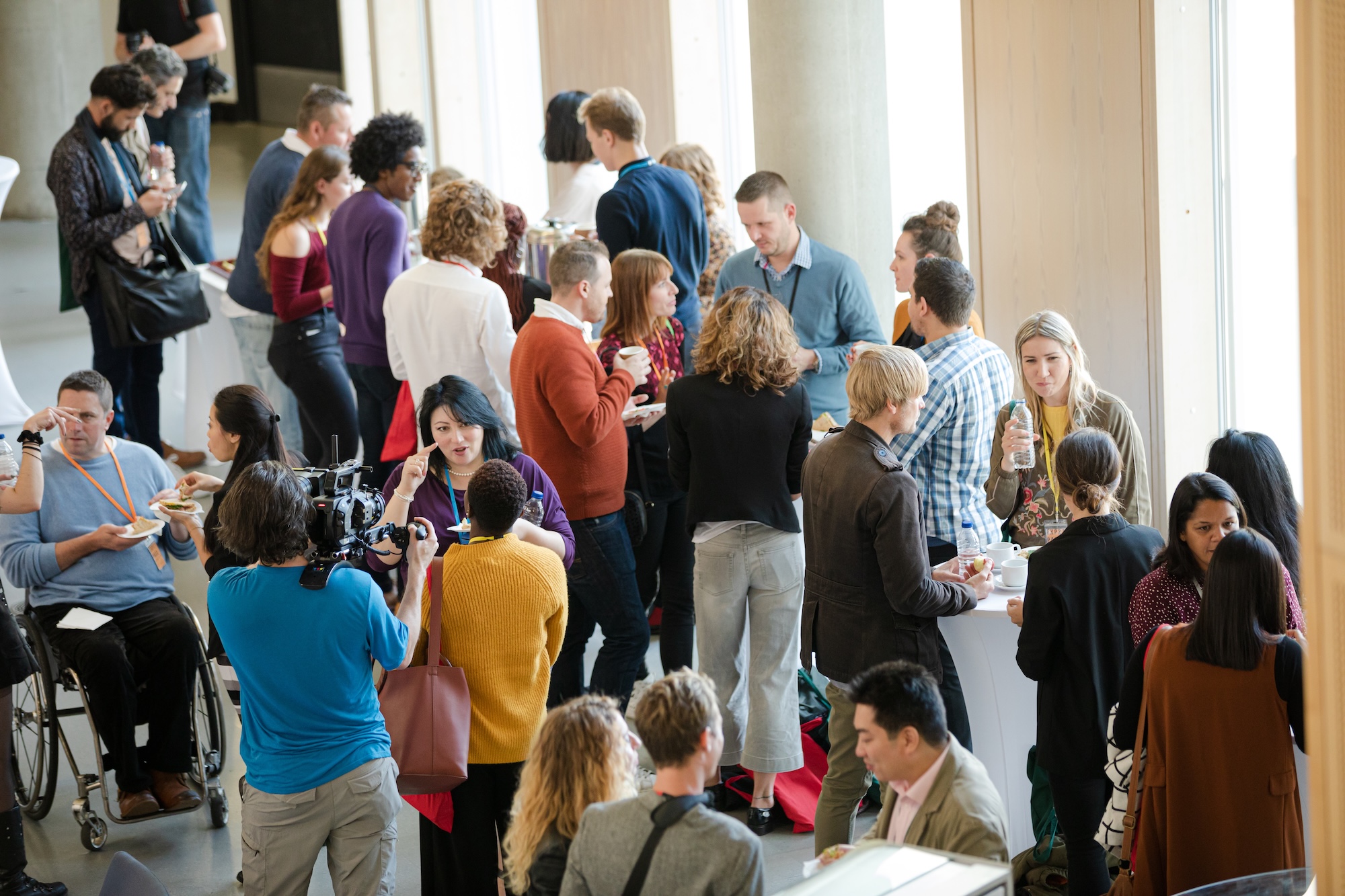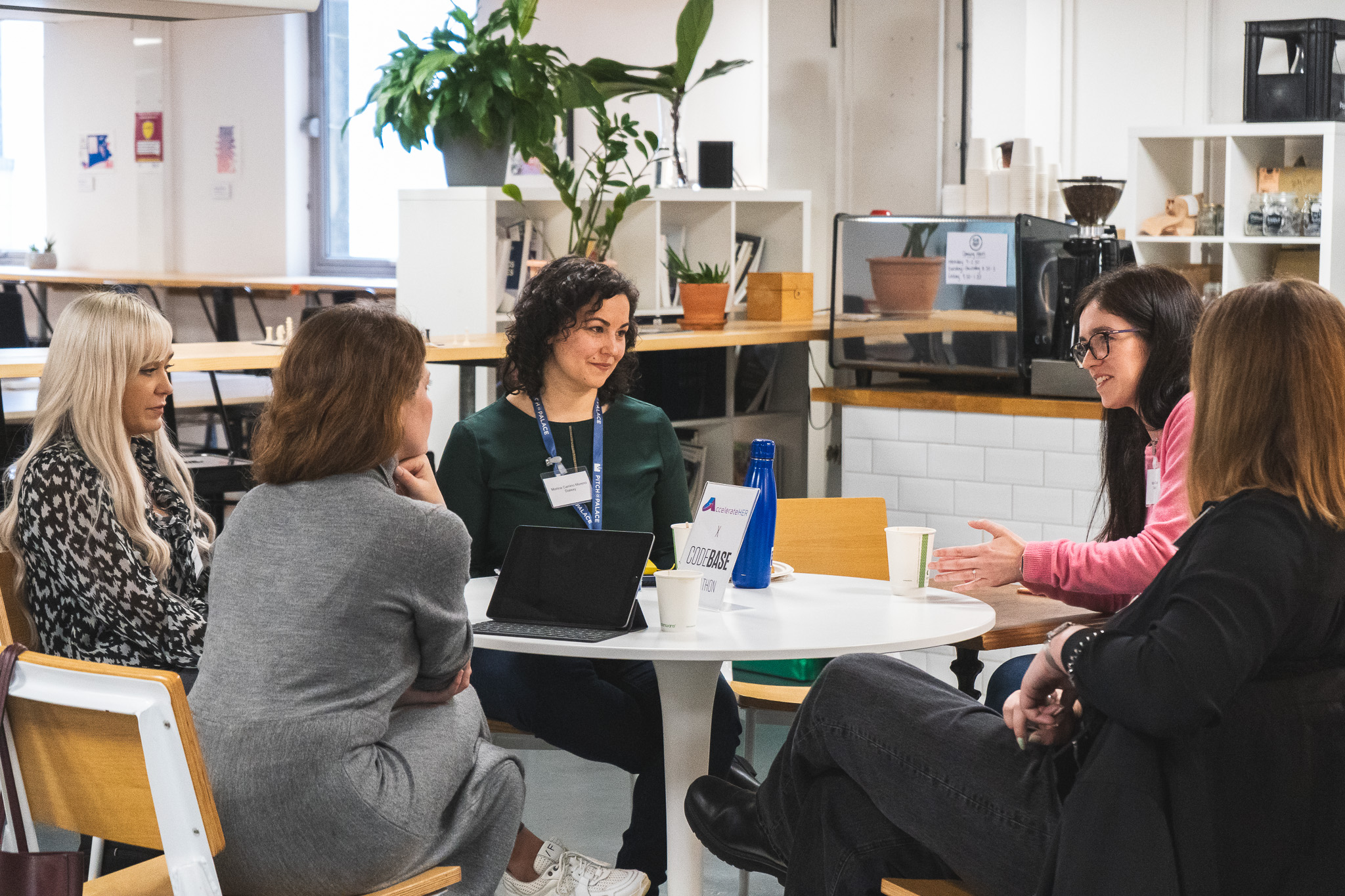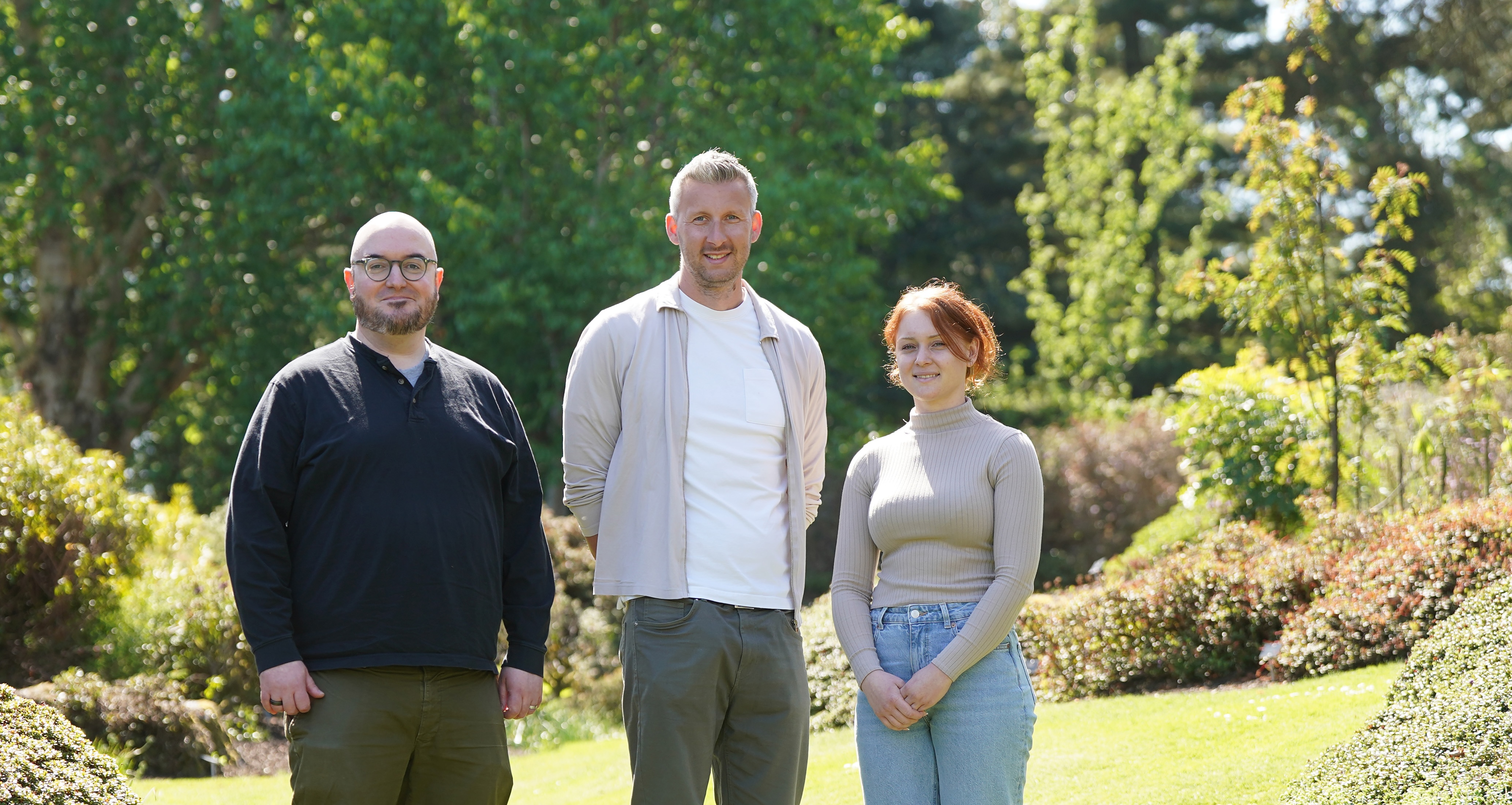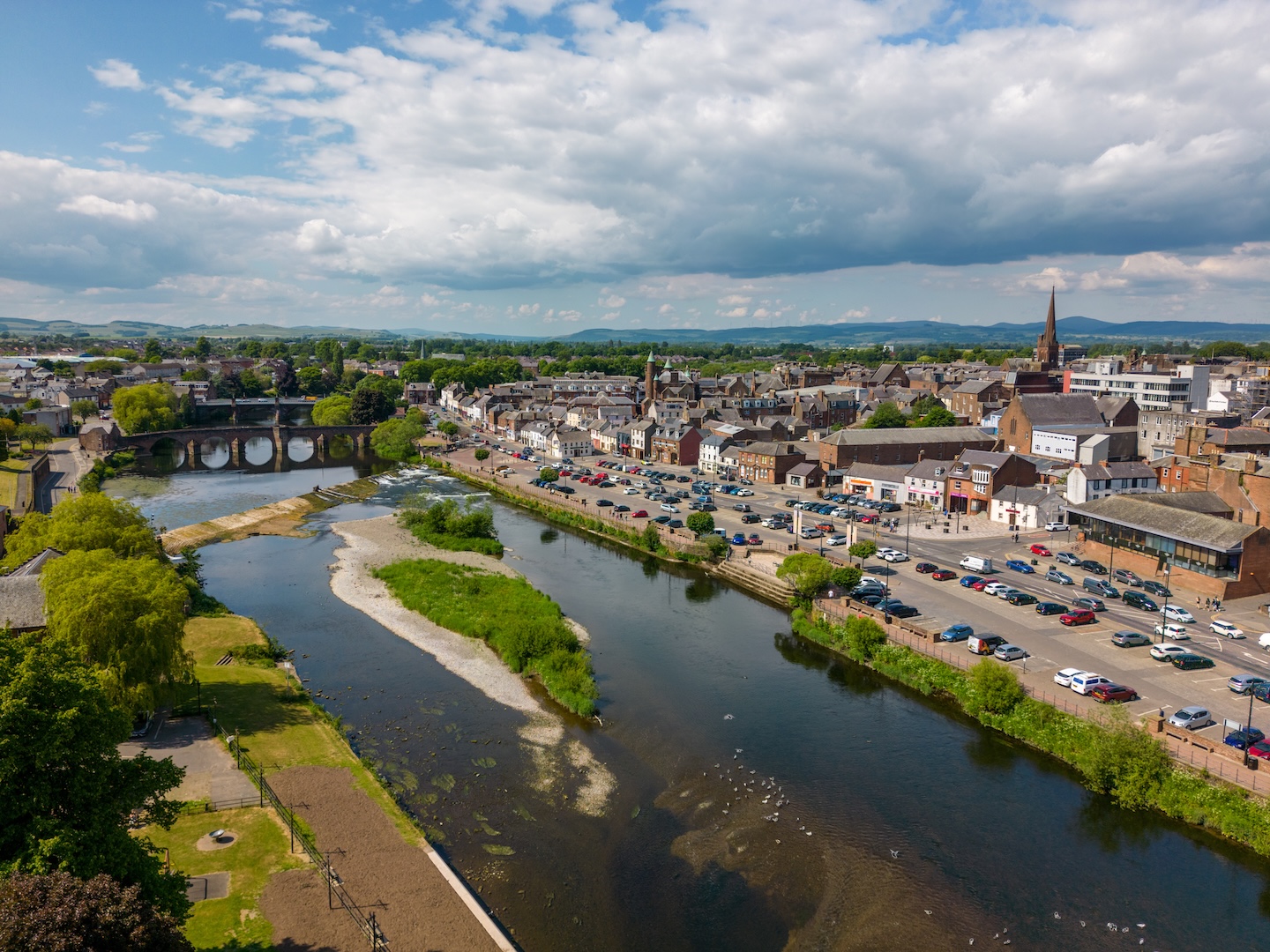This June, we launched something different. Techscaler Catalyst isn't just another accelerator programme - it's a recognition that not every founder is on the same timeline, and that's exactly as it should be.
Over 10 intensive weeks, our inaugural Catalyst cohort proved that when you give founders the space to grow at their own pace while maintaining the power of collective learning, remarkable things happen.
The Catalyst Difference
Techscaler Catalyst is an intensive 10-week accelerator delivered by founders and industry experts, but with a twist that reflects the reality of early-stage company building. Halfway through the programme, high potential founders who are ready to start thinking about ambitious growth are invited to join the Sprint Track to focus on growth and fundraising strategy, while those still iterating their product or conducting customer research dive deeper into those foundational areas through the Iteration Track.
This isn't about fast versus slow - it's about right-time versus not quite yet. The close-knit community that defines our programmes remains intact, but the mid-programme split ensures founders can develop at the speed that serves their business best. Some founders want to build a venture funded business, whilst others want to bootstrap and grow more steadily.
Throughout the journey, our cohort was supported by three exceptional Visiting Entrepreneurs: Michael Romily - Founder of Waracle, Jason Wagner - Founder and CEO of Ping, and Rob Lough - Founder of MHouse, who provided mentorship, accountability, and invaluable network access that extended far beyond the programme's formal structure.
"Techscaler and the Catalyst programme have been fantastic to be honest. I've seen what they offer to the Scottish ecosystem, hugely inspiring. It's great to see programmes like this giving back to an ecosystem that needs it.”
Rob Lough, Visiting Entrepreneur
Building the Foundations
The first half of Catalyst focused on the fundamentals that every successful startup needs, regardless of their growth stage. Founders learned to articulate their ambitions and align them with startup vision and mission. They applied Jobs-to-Be-Done methodology for in-depth customer discovery and built evidence-based strategies for running low-cost, early-stage experiments.
The programme emphasised tangible outcomes from the start. Whether developing a drawing or a minimum viable product, founders worked toward creating something real they could put in front of customers. They explored business and commercial strategies using structured frameworks, leveraged AI tools for early process optimisation, and began to understand AI's broader impact on early-stage company building.
The mid-programme hackathon became a pivotal moment where founders could validate assumptions about their ideas and build MVPs. What happened next showcased the power of focused, supportive acceleration.
Two Tracks, One Mission
Post-hackathon, the cohort was divided based on their readiness and needs:
- The Iteration Track focused on problem discovery, going live, and revenue optimisation. These founders weren't behind - they were being thorough. Sessions included practical workshops on founder resilience and clear pathways for post-accelerator growth. The emphasis was on building solid foundations before scaling.
- The Sprint Track shifted into high gear with growth strategy and funding readiness. These founders participated in roundtables with VC-backed startups including Persi, Contend, Tide, and Portday, and gained direct introductions to VCs from Ada Ventures, TechStart, ESM, and Cornerstone. The focus was on preparing for the next phase of their growth journey.
Where the Magic Happened
The real transformation became visible in the weeks following the hackathon. One founder built the MVP of her tax product the day after the hackathon - by the following week, it was being praised on a national accountancy platform. Another founder went back to basics, sketching out ideas on paper, and realised in the process that his first customers were train companies, not passengers. He's now setting up meetings with Trainline and building a solid understanding of user needs before spending money on development.
Perhaps most impressive was the founder duo who entered Catalyst still building their MVP. They managed to soft-launch their dental AI transcription product halfway through the programme and now have paying customers, with an additional 30 in their pipeline.
The Visiting Entrepreneurs proved invaluable throughout this process. They provided week-to-week accountability, offered advice ahead of pitches and meetings, and introduced founders to their own networks. This wasn't mentorship at arm's length - it was hands-on support from people who had walked the same path.
"I can honestly say there is no other programme like this because you have access to all these resources, access to entrepreneurs in residence."
Jose Fajardo, Founder of Alessia
Key Takeaways from Our Founders
The true measure of Catalyst's impact lies in the transformation our founders experienced. Their reflections reveal how the programme shifted not just their business approaches, but their entire mindset toward entrepreneurship and growth.
The programme's dual-track approach proved particularly powerful in building founder confidence. One Sprint Track member shared how their perspective on funding completely transformed: "Before Catalyst I did not think I could raise through VC - however my attitude to this has changed… I am confident I will pursue VC funding - I am chasing some paying customers and then would like to approach VCs." This shift from uncertainty to confidence exemplifies how the right support at the right time can unlock a founder's potential.
The hands-on mentorship from our Visiting Entrepreneurs resonated deeply across both tracks. One cohort member from the Iteration Track highlighted their practical impact: "The Visiting Entrepreneurs provided invaluable hands-on advice, especially around the importance of customer discovery and building a lean, focused business model. Their practical insights helped sharpen my approach and align my efforts with startup best practices."
.jpg)
Beyond tactical advice, founders valued the authentic, real-world perspectives that only come from those who've walked the entrepreneurial path. As another Iteration Track founder noted: "What I found really useful about working with the Visiting Entrepreneurs on Catalyst was hearing their honest, real-world stories. It made the whole journey feel more real and practical. Getting to ask them questions helped me understand things like funding and networking but at a local level. Plus, hearing from people in different industries opened my eyes to all the possibilities out there."
Perhaps most importantly, Catalyst created a sense of community that extends far beyond business outcomes. The shared experience of early-stage challenges became a source of strength and motivation: "The Catalyst programme has opened my eyes to the fact that we're not alone - many start-ups face similar challenges. It's been reassuring and motivating to realise how common our struggles are. I've made some meaningful connections through the course and feel more connected to the wider start-up community as a result."
"It's been wonderful, the whole cohort has been super super supportive. It has given me the confidence to just try things, just to get out there."
Shuli Yu, Founder of Yush
The Cohort Effect
Since the programme's conclusion, something telling has happened: cohort members have been planning their own gatherings and scheduling monthly meetups. This organic continuation showcases not just the value of bringing people together in a structured programme, but the lasting power of in-person networking and collaboration.
The bonds formed during Catalyst extend beyond the formal programme structure. Founders are continuing to support each other, share insights, and collaborate on opportunities. It's the kind of self-sustaining ecosystem we're building across all our programmes.
"Don't think about it, you'll love it. Your way of thinking will be completely transformed, it's not something you can learn at school or university."
Agnieszka Nohawica, Co-founder and CEO of Bosco AI
What's Next
Our Catalyst participants continue to be supported through Techscaler membership, with access to mentorship opportunities, international trips, and resources like Reforge where relevant. The programme proved that when you respect where founders are in their journey while providing the right structure and support, acceleration happens naturally.
Catalyst will reopen for applications in August/September - a testament to the demand for programmes that recognise the individual nature of the founder journey while maintaining the power of cohort-based learning.
Techscaler Catalyst June 2025 demonstrated what happens when you build an accelerator around founders rather than forcing founders to fit an accelerator. Our inaugural cohort didn't just complete a programme - they shaped what founder support looks like when it's designed for the real world of early-stage company building.


.jpg)





